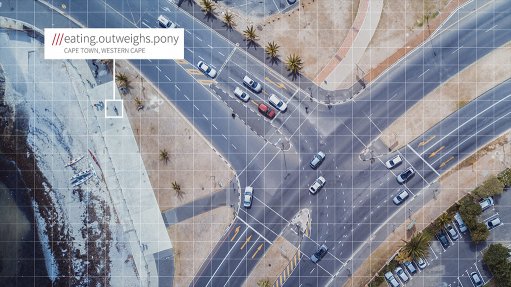
Technology company what3words on Monday announced the roll-out of its location technology of the same name to South African emergency services provider ER24, to enable faster response times in emergencies.
Using a what3words address in an emergency gives callers a simple way to describe where they need help and allow ER24 to get resources straight to the scene.
As an example, ///rally.latches.steams will take you to a precise spot at the Johannesburg botanical gardens.
ER24 CEO Ben Johnson on Monday said the partnership would help emergency medical services – such as ER24 – to locate people where a physical address was not always possible, such as in informal settlements, rural areas or even on a beach or in a forest.
Speaking at a media briefing, Johnson encouraged people to download the what3words app, saying that “in an emergency, getting accurate information about the location is crucial and by offering one more way to share your location, we continue to put our patients first”.
By using the app as an add-on to traditional navigation apps, like Wayz or Google Maps, what3words has divided the world into 3 m by 3 m squares and given each square a unique three-word address, compiled through the use of an algorithm and word list.
Free to use on any iOS or Android device or on any browser, the app works offline, which what3words country manager for South Africa Lyndsey Duff said makes it “ideal for use in areas with an unreliable data connection”.
The address format is also usable anywhere in the world and is available in 36 languages, even Zulu, Xhosa and Afrikaans.
“By using what3words, everyone has a reliable and simple way to talk about location, which has broader implications on not only emergency services, but for day-to-day life,” Duff said, lamenting that having no address was a barrier to economic prosperity.
“Many places, like a beach, forest or mountain, don’t have a physical address and the app can help to identify any location.”
The app also hosts in-built error detection and is intended to be used as an addressing system that integrates its coordinates with traditional navigation apps.
Looking ahead, Duff told media on Monday that the company’s goal was to eventually introduce the app to government and integrate the app with government services.
The company believes there is also potential for people to use the app to help prove their residential addresses in terms of the Financial Intelligence Centre Act or the Regulation of Interception of Communications and Provision of Communication-Related Information.